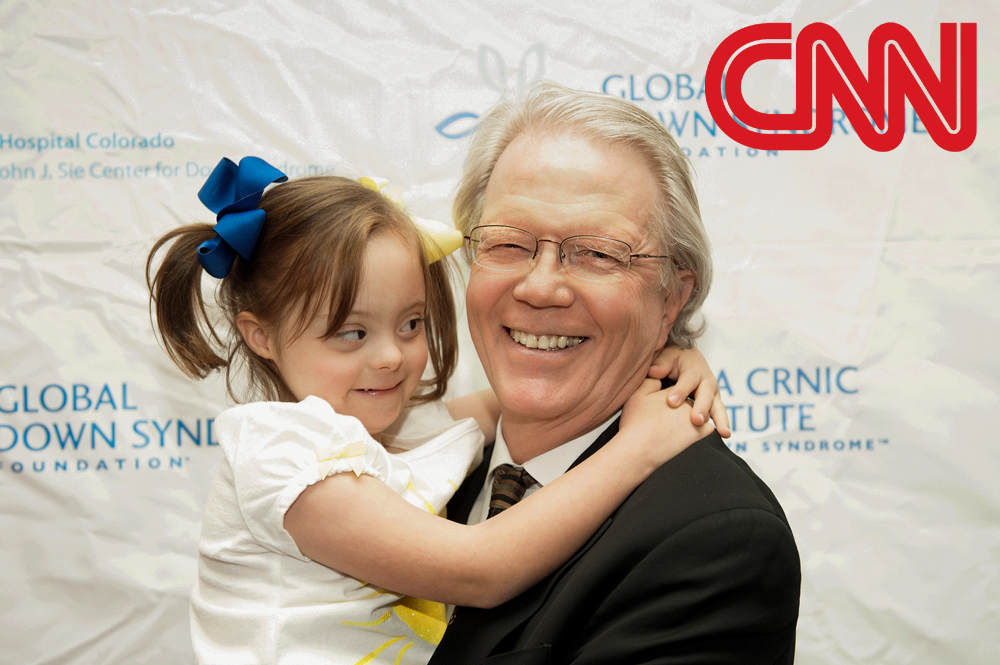CNN Reports Alzheimer’s: The disease that could bankrupt Medicare
This story appeared in CNN on March 7, 2017

Huntington Potter, PhD
“Alzheimer’s is like a leaky boat in a hurricane,” said Huntington Potter, director of the Rocky Mountain Alzheimer’s Disease Center. “We have to both bail like mad and fix the leaks. Researchers are working hard to fix the leaks, but it will take time; for now, the main load is carried by the bailing caregivers. They are on the front lines in this war against Alzheimer’s.”
“If we all live to age 85 — and who doesn’t hope to live at least that long? — almost half of us will have Alzheimer’s disease,” Potter said, “and the other half will be caregivers. No one is immune.”
(CNN)Every 66 seconds this year, an American will develop Alzheimer’s disease, according to the Alzheimer’s Association annual report, released Tuesday.
By the year 2050, that number is expected to double to one every 33 seconds.
Those startling statistics are mirrored worldwide. In 2016, the World Alzheimer’s Report estimated that 47 million people around the globe had dementia. To put that in perspective, it’s a bit more than the current population of Spain.
And because nine of 10 people with dementia in low- and middle-income countries and half of those in high-income countries are not diagnosed, the global number of people diagnosed is expected to triple by 2050.
“What is driving these numbers is that there is no disease modifying treatment, no prevention and no cure,” said Ruth Drew, director of family and information services for the Alzheimer’s Association. “And while U.S. deaths from Alzheimer’s have doubled in the last 15 years, an increase of 89%, deaths from other major diseases have been declining.”
For example, said Drew, deaths from heart disease, the No. 1 killer of Americans, have declined by 14% over the same period while HIV deaths have dropped by 54%, stroke deaths by 21% and prostate cancer deaths by 9%.
“Other diseases have declined because of significant investments in research that produce treatments and techniques to reduce risk, sometimes even a cure,” Drew said.
“The issue is mainly funding,” agreed Rudy Tanzi, a Harvard professor of neurology who also heads up MassGeneral’s Genetics and Aging Research Unit. “We are a knowledge-rich yet budget-constrained field. We have many clues about how to stop Alzheimer’s, especially from recent genetic studies, but insufficient funds to explore how.”

 Experience our inspirational and groundbreaking videos and photos. Our children and self-advocates are beautiful AND brilliant!
Experience our inspirational and groundbreaking videos and photos. Our children and self-advocates are beautiful AND brilliant! Make sure your local Representatives are on the Congressional Down Syndrome Task Force.
Make sure your local Representatives are on the Congressional Down Syndrome Task Force.